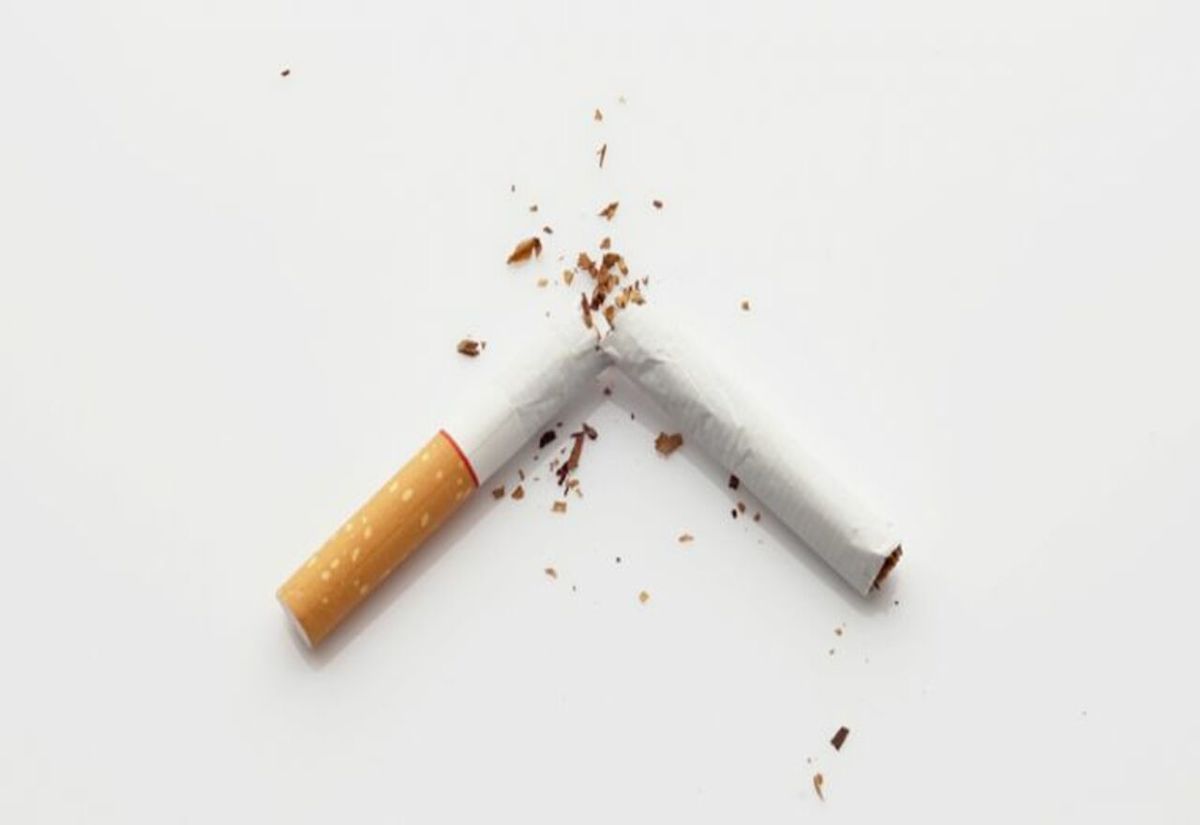Regional Australia is the smoking gun
Laura Williams
01 June 2022, 7:08 AM
 Local numbers of smokers don't seem to be dropping.
Local numbers of smokers don't seem to be dropping. With World No Tobacco Day been and gone on 31 May, the statistics don’t bide well for the rural and remote population, where smoking rates continue to climb.
According to President of the Rural Doctors Association of Australia (RDAA) Dr Megal Belot, smoking rates get higher the further you head into the bush.
It is hard to say what factors are at play that result in this higher level of smoking, but we need everyone in our communities to help encourage smokers to quit, and to provide support to them through that difficult process,” Dr Belot said.
While the overall proportion of smokers in Australia is dropping, they remain at 19.6 per cent in remote and very remote areas, and 13.4 per cent in inner regional areas.
“This is particularly concerning as screening programs, cancer treatments, and many other health care services are less available to people in rural and remote areas, making early diagnosis less likely and treatment more difficult,” Dr Belot said.
When it comes to Aboriginal and Torres Strait Islander the numbers more than double to 37 per cent of adults, making it the leading contributor to disease.
While the numbers have dropped from 50 per cent in 2010, smoking is proven to cause half of all deaths among Aboriginal and Torres Strait Islander adults 45 years or older, according to the Australian Bureau of Statistics.
In Australia, tobacco use remains the leading cause of preventable death and disability, estimated to kill more than 20,000 Australians a year and contributing to at least 16 different types of cancer.
World No Tobacco Day is aimed as an opportunity to ‘Commit to Quit’.
“Each year about half of all smokers try to quit permanently…of this 50 per cent, only about 6 per cent actually manage it,” Dr Belot said.
"Quitting without professional help is far less likely to succeed than with it, so make use of both the personal support from friends and family, but combine this with assistance from your doctor to give you the best shot at success."
There are many services available to help Australians quit smoking, including:
- Quitline (13 7848)
- the QuitNow website
- the free My QuitBuddy app.




